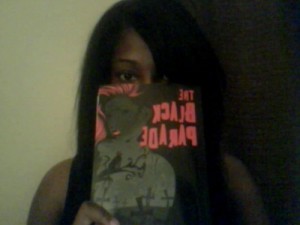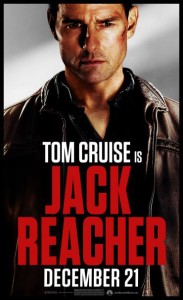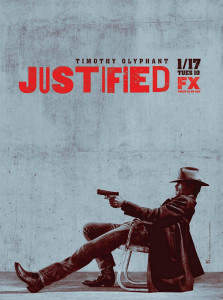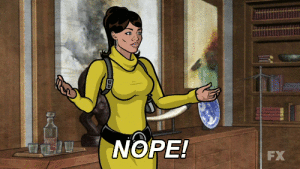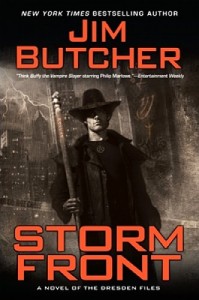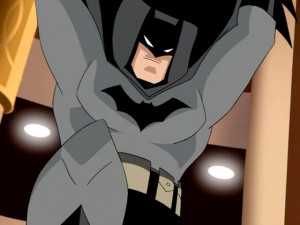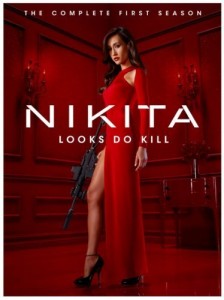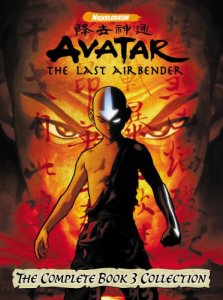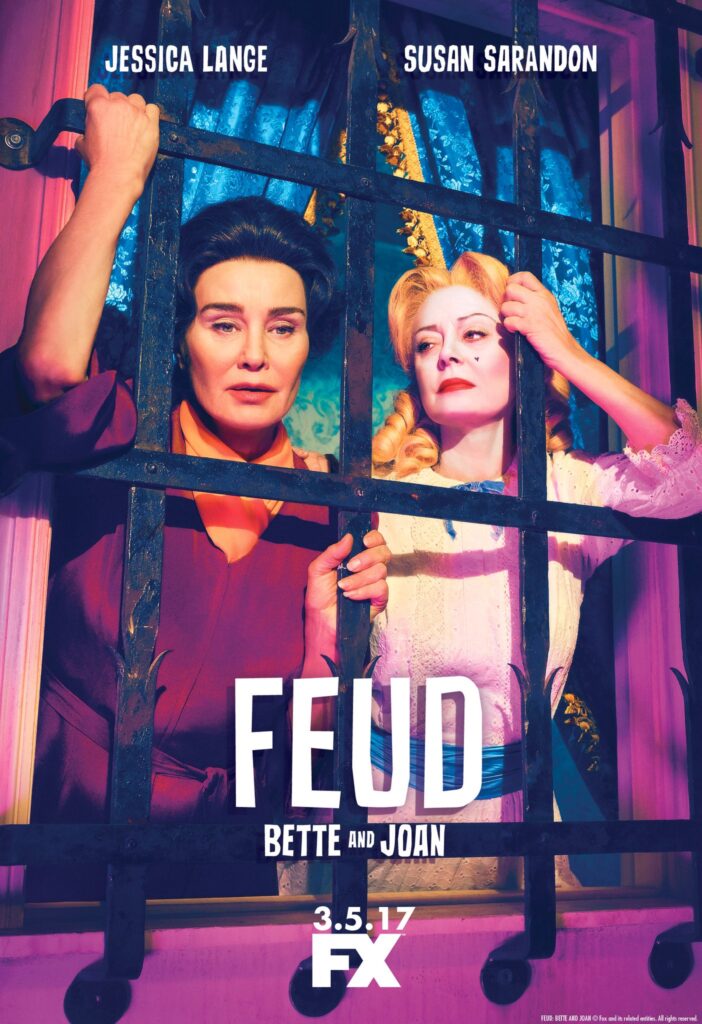
“Feuds are never about hate. Feuds are about pain.”
Who would’ve thought a mini-series about two aging Hollywood actresses feuding would have turned out so damned good, if you ask me.
Honestly, if I just say it out loud, FX’s 2017 mini-series Feud sounds like a boring melodrama. It’s not. Somehow, it’s not! It’s a tightly written, brilliantly acted, compelling character study of two women I’d literally never heard of before the series and now that I’ve watched and rewatched it, I have to say that it’s probably one of my favorite things I’ve seen in the last several years of frankly disappointing TV. I’d like to take a moment to shine the spotlight on why I found this mini-series so compelling and decided to pick back up on the topic of writing as well.
Spoilers for FX’s Feud, naturally.
However, unlike my other Things X Taught Me About Writing, because Feud is somewhat obscure and today’s 2020 world probably like me wasn’t really in the know about the divas of days past, I’ll give you a bite-sized recap. Feud is about the famous feud between actresses Joan Crawford and Bette Davis. The two starred in the Oscar-nominated 1962 film Whatever Happened to Baby Jane? Decades of resentment, problems on set, and meddling third parties all contributed to the feud and the series takes real life events and firsthand accounts from their feud and builds a story from it. What’s neat is that the series really does try its best at recapping the events of bygone decades. If you look up the events of Bette and Joan’s lives, they do in fact line up with what is portrayed in the series. Keep in mind that this is going to focus on the series itself and we’re not assuming that everything that happens is an accurate representation of their lives. Instead, we’re analyzing how the show decided to depict them, so remember, I am not dishonoring the memory of either actress. We’re treating this as fiction, same as anything else. Let’s dive in and see what worked as well as what it has to teach us about writing.
Character matters. The focus of the series is on the many intricate, complicated motivations and lives of Bette Davis and Joan Crawford. What fascinates me about the series is that it manages to frame both women as completely human. They are both clearly talented women, but their faults are so enormous that it causes them to butt heads even though they certainly share similarities. At the same time, the show never loses focus on what is most important. Each actress is given more than enough time to show us who she is.
Joan Crawford is larger than life. She wears furs and diamonds and needs to be seen at all times no matter where she is. However, that larger than life persona is hiding a vain and insecure woman who has never felt respected and never felt like she was taken seriously despite her hard work at her craft. By contrast, Bette Davis is a hard-nosed roughneck who cares about one thing and one thing only: her work. She is brutally honest to the point of being insulting and would happily dismiss anyone who dares to cross her path, which makes her very lonely. She is also plagued by not being conventionally attractive by Hollywood’s standards, so she had to fight twice as hard to become an actress since we all know Hollywood is a thousand times harder on women’s appearances than men.
What works so well in this series is how it dives deep into the problems in their personal lives and then compares it to what made them clash on set and even in private. Neither women is seen as better than the other. Neither woman is seen as worse than the other. The series helps us understand the best and worst parts of Bette and Joan. It does it so well that you’re captivated with every new development of conflict, whether internal or external. It’s a reminder that it doesn’t matter what the hell the story and plot is about: if you write compelling characters, your audience is going to stick with them through thick and thin. And Bette and Joan’s lives are nothing short of a rollercoaster. You see their highest highs and their lowest lows. You see every facet of their personalities and their performances. The two are just as much alike as they are different and it all adds up to a phenomenal story.
Hubris is a bitch. As mentioned above, the show is excellent at portraying hubris. Joan’s biggest flaw is a mixture of her insecurity and her arrogance, which is a lethal combination. It causes her to act out and lose her temper many times, often resulting in self-sabotage. She destroys several opportunities for herself because she is so unwilling to let go of her vanity and her ego because she needs to feel appreciated and loved. Bette’s biggest flaw is that she is uncompromising in any area and unwilling to forgive or admit fault due to being so prideful. She bulldozes right through anyone at the slightest provocation, thereby escalating her problem of being isolated and lonely. The two of them are already powder kegs and working on the same film together just lights the match and lets you watch that wick burn down until it’s time for the grand explosion. The two gleefully take shot after shot at each other, building and fueling their resentment for one another as they continue to associate with each other over the course of filming the movie, and then again when they try to team up for Hush, Hush Sweet Charlotte.
Character flaws are vital to any good character. No one is perfect, and if they are, hell, even that can be considered a flaw, for it means no one can understand them. Bette and Joan’s flaws pull you into the story more and more as you see them start to unravel as they’re at each other’s throats. You can understand why some of the people in their lives might have thought they should have been friends, for the struggles that they come up against are real and scary and often sympathetic. Even though they are both famous Hollywood starlets, it gives them an angle for you as the viewer to understand them.
Female-led stories have a different focus than male-led stories for a reason. One thing I truly applaud this mini-series for is that it very much feels like it’s written by women for women. It’s in everything. It’s the performances, the backstories, the dialogue, the settings, the clothing, the supporting characters. There is a distinct way that it feels when a female-led story has a good writer who truly understands the way a woman experiences the world, but especially Hollywood during this decade. The series takes place during the 1960’s. It’s not a politically correct world in the slightest. Women were still expected to be homemakers or subservient to their husbands. Actresses were—and certainly still are—supposed to be beauty queens who gracefully bow out once they stop being “attractive” and they’re also put through hell by the sexist powers that be in Hollywood.
The series shows some of the ugliest sides of the moviemaking business, from directors cheating on their wives to snotty actors refusing to cooperate with production. What’s more is that the lens is still clearly focused on what is important to Bette and Joan, and it’s very reflective of the things that women have to put up with in our daily lives. It sounds crazy that the average woman would at all relate to two Hollywood starlets in their later years in the 1960’s, but it’s honestly quite easy.
Joan was a beautiful woman in her youth and therefore is unable to adjust to being in her sunset years. She became so accustomed to getting what she wanted out of men that once that power was gone, she couldn’t cope. She had to provide for her children as well during a time when she was struggling to get any roles, and those roles were dissatisfying to her as well. Seeing how Hollywood turned its back on her is very harsh, as fame is truly a cruel and fickle mistress. We all have seen stars who were household names one day and then vanished in the blink of an eye and then forgotten. Joan had to fight and claw her way to become a star and yet it’s taken away from her by what usually defeats us all: time.
Bette is a hardworking actress who had to hone her craft due to not being conventionally pretty, so she has an outer shell that is as thick as concrete. She never wants to let anyone get close to her because her work comes first. It always comes first. Even at the cost of her personal and professional relationships. She’d quickly toss someone aside for the chance at a role that could be worth it in the end because she needs to feel appreciated for her work more than she needs to feel loved by others. Any working woman can sympathize with that, but especially creatives. So many of us have sacrificed things in order to make our art as great as it can possibly be.
What hits hardest is seeing Bette and Joan struggle against so many things being women of that era, where men do not want to give them power but instead want to manipulate them. Jack Warner of the Warner Bros Studio in particular is a good example of what actresses of the era had to come up against. All he cares about is money and appearances. Nothing else matters. Having to answer to someone like that must have been hell and we see the effect it has on the two of them. It’s a sign that the writing is focused on the right areas. Often, women are unable to advance their own careers or even their own lives because of men of power, and sometimes, men who should in no way be in that position of power. It’s a dark reminder that while things have certainly gotten better, it’s still tough in general working while female, as the #MeToo movement has revealed. I have to say Feud is one of my favorite feminist portrayals of women to date, and feminist in its true definition, not the warped one that some of the fakers use to justify their hatred of men. Bette and Joan advocate for themselves and each other, wanting to be held in equal regard with male actors in Hollywood. I think it resonates with many women facing the same double standards and unfair rules in place to stop them from achieving their goals. It’s damn good writing, if you ask me.
I also wanted to give a quick shout out for the supporting characters of Hedda Hopper and Mamacita, who both manage to have their own miniature arcs and are important for carrying along the story and conflict in unexpected ways. Hedda Hopper is a viper and you’re not meant to like her one bit, but you have to admire how vicious she is in going after what she wants no matter what. Mamacita’s no-nonsense attitude and strict demeanor manages to come across as charming and subtle at the same time, as you see how deeply she cares for Joan, but she shows it in a rather particular way. Both women have motivations and ambitions that women share and understand as well, and it’s a nice contrast to Bette and Joan’s as well.
I know Feud certainly isn’t for mass consumption and won’t be everyone’s cup of tea. I give it credit where credit is due. I’d say if you’re a fan of character introspection and stories heavily based on personal conflict, give it a whirl. It did manage to win two Primetime Emmy awards and was nominated for a bucketload of other things (some of which I definitely think they should have won, but I digress.) If any of the writing lessons above sound good to you, I encourage you to check it out, and maybe even give the life stories of the real Bette Davis and Joan Crawford a look-see as well, for there is much more to them than meets the eye.


